Rieko Hayakawa PhD in Pacific Islands Studies
A celebration was held in Te Tumu today for Rieko Hayakawa, who will be graduating tomorrow with her PhD. She started her doctorate in Media and Communications with Vijay Devadas and completed in Pacific Islands Studies where she was supervised by Jenny Bryant-Tokalau.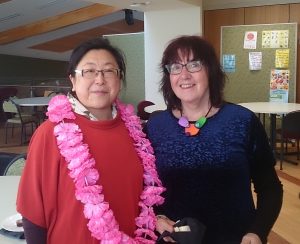
Dr Rieko Hayakawa and Associate Professor Jenny Bryant-Tokalau
Her topic, ‘Possibility of Telecommunication Universal Service in the Pacific Islands’ with case Studies of Vanuatu, PEACESAT and USPNet came out of Rieko’s work in the Pacific Islands for the Sasakawa Peace Foundation for whom she worked for 26 years. One of her important projects for Sasakawa was the establishment of USPNet funded by Japan which enabled the University of the South Pacific to continue its successful distance teaching programme across the Pacific islands.
Rieko has published several articles, book chapters and reports on her thesis topic and most recently presented her findings to a parliamentary committee in Japan. She will be making another presentation in Japan later this month, this time on maritime boundaries (which will be the subject of her second PhD, to be undertaken in Japan).
Rieko is the wife of Professor Glenn Summerhayes of Archaeology and Anthropology, and mother of 14 year old Kyuka.
Thesis Abstract:
This thesis is about the meaning of telecommunication for the remote islands and rural areas in the Pacific Islands through the application and assessment of the ‘Capability Approach’, developed and used by Amartya Sen in his book of “Development as Freedom”. This research also makes a major contribution to the study of ICT4D (Information and Communications Technology for Development) and development of telecommunication of the Pacific Islands, through an examination of the historical background of communication, through case studies of Vanuatu, and PEACESAT with USPNet.
In the Pacific thousands of small islands are scattered in the vast Ocean that occupies a third of surface of the Earth. Each small island is distant from the major economic centres and has a small population. Due to the economical scale of them and western colonization policy many islands did not have telecommunication service for a century after telecommunication was developed in the 19th century. In the 1970s during the cold war period, those islands had an opportunity to use free second-hand satellite from the United States and could provide higher education services and Fisheries management. In the 2000s deregulation and competition was introduced to the Pacific Islands Countries and finally Universal Service (which provided telecommunication service to the whole population) was achieved in some of PICs, such as Vanuatu.
What has been the impact of Universal Service in these countries? This study presents the result of my research in measuring the capability of ICT users, policymakers and providers, by undertaking interviews in Vanuatu using the ‘storytelling approach’. Results of this field research tell us about the dynamism of development relevance and people using ICT to magnify their Capability. Other case studies tell us that Capability does not belong to technology but to people and their will.
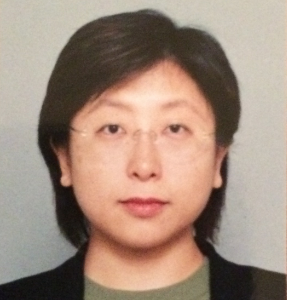
Rieko Hayakawa, Ph.D
STORIES BY RIEKO HAYAKAWA, PH.D
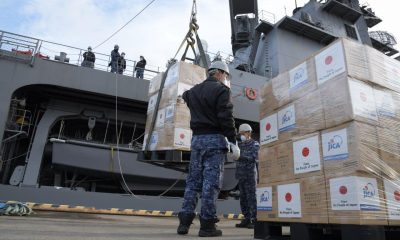
POLITICS & SECURITY3 months ago
Rebuilding Tonga: What the Kingdom Needs is Support, Not Benevolence
“Tongans know their needs better than foreign visitors. Aid needs to be reframed as solidarity, not as benevolence.”
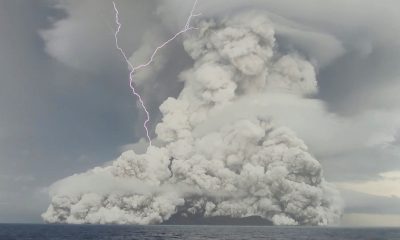
SCIENCE4 months ago
Looking for Cooperation on Tonga Volcanic Eruption with Japan, New Zealand, Australia, US and France
Huge underwater volcanic explosions at Hunga-Tonga and Hunga-Ha'apai have disrupted communications, transportation and left the island nation without a clean water supply.
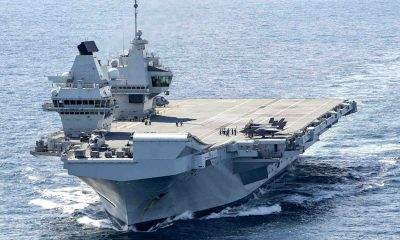
POLITICS & SECURITY1 year ago
New Think Tank Explores Challenges as ‘Global Britain’ Returns to Indo-Pacific
The Council on Geostrategy says the United Kingdom, weakened after the Cold War, needs to tackle global issues at a critical time when its diplomacy is...
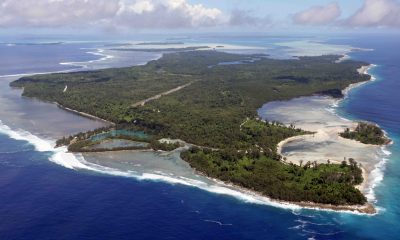
POLITICS & SECURITY1 year ago
Seeking to Stop Crime and Securing a Future in Pacific Islands Paradise
Does the rule of law exist in Pacific Island countries? The issue is no longer at the level of asking the question, "What should we do?”
POLITICS & SECURITY1 year ago
Targeting Palau and other Island Countries, China Puts Human Rights and Pacific Security at Risk
There is concern that if diplomatic relations with China are established, Chinese infiltration of Palau, which has a population of less than 20,000, will proceed further....
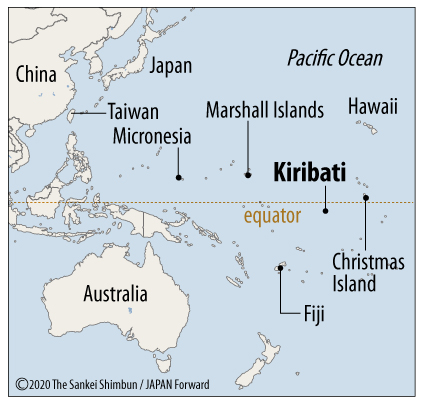
HISTORY2 years ago
Military Activities, Amelia Earhart’s Photo, and Other Lies About Japan in Kiribati
On June 23, the pro-China president of the Republic of Kiribati, Taneti Maamau, was re-elected. Maamau had suddenly switched diplomatic relations from Taiwan to China in September 2019 — news...
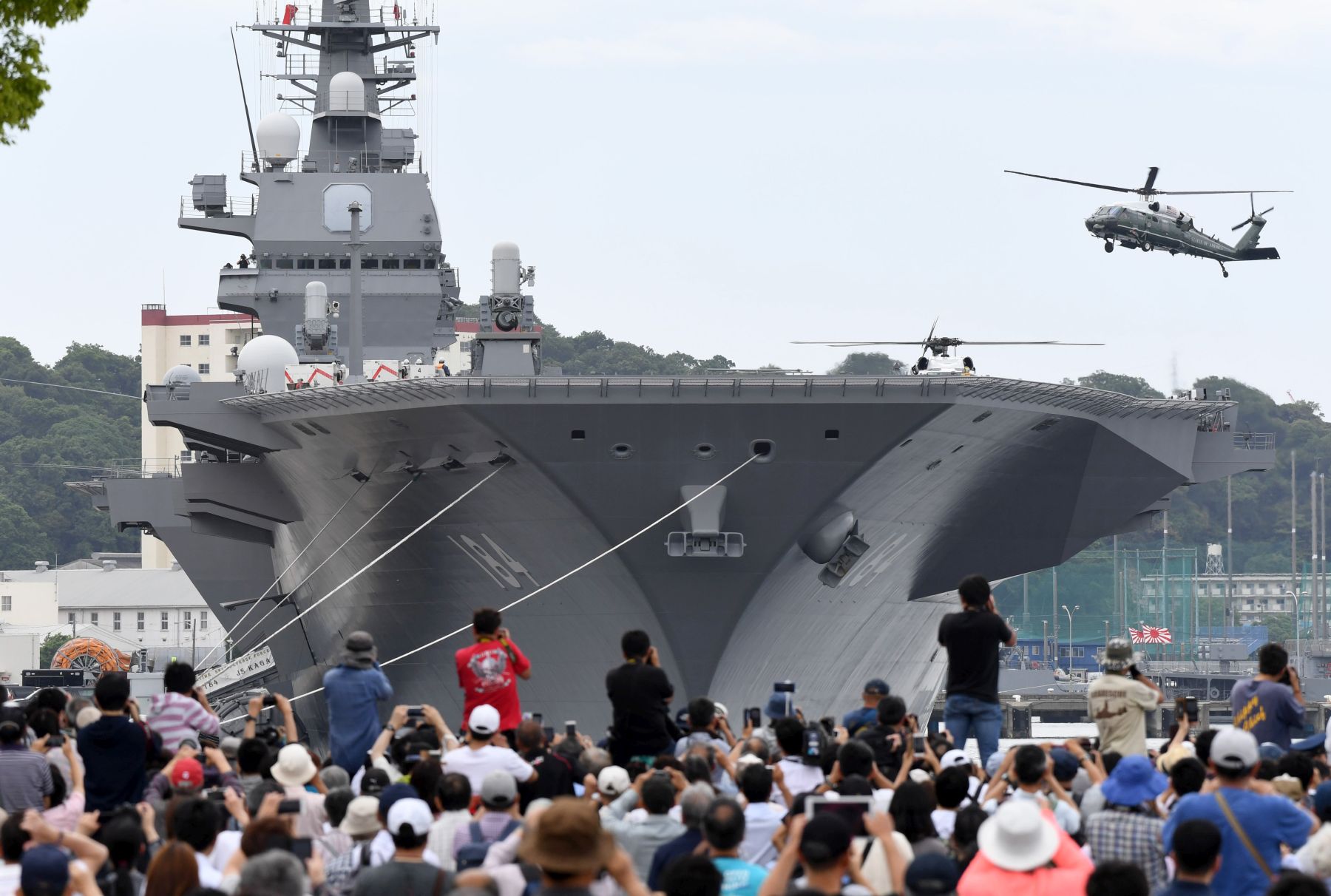
POLITICS & SECURITY2 years ago
Untying Japan’s Hands for Stronger Maritime Security in the Indo-Pacific
“We need Japan. We need the Japanese Navy to protect the vast Pacific Ocean. Japan is the only country which can protect the Pacific...
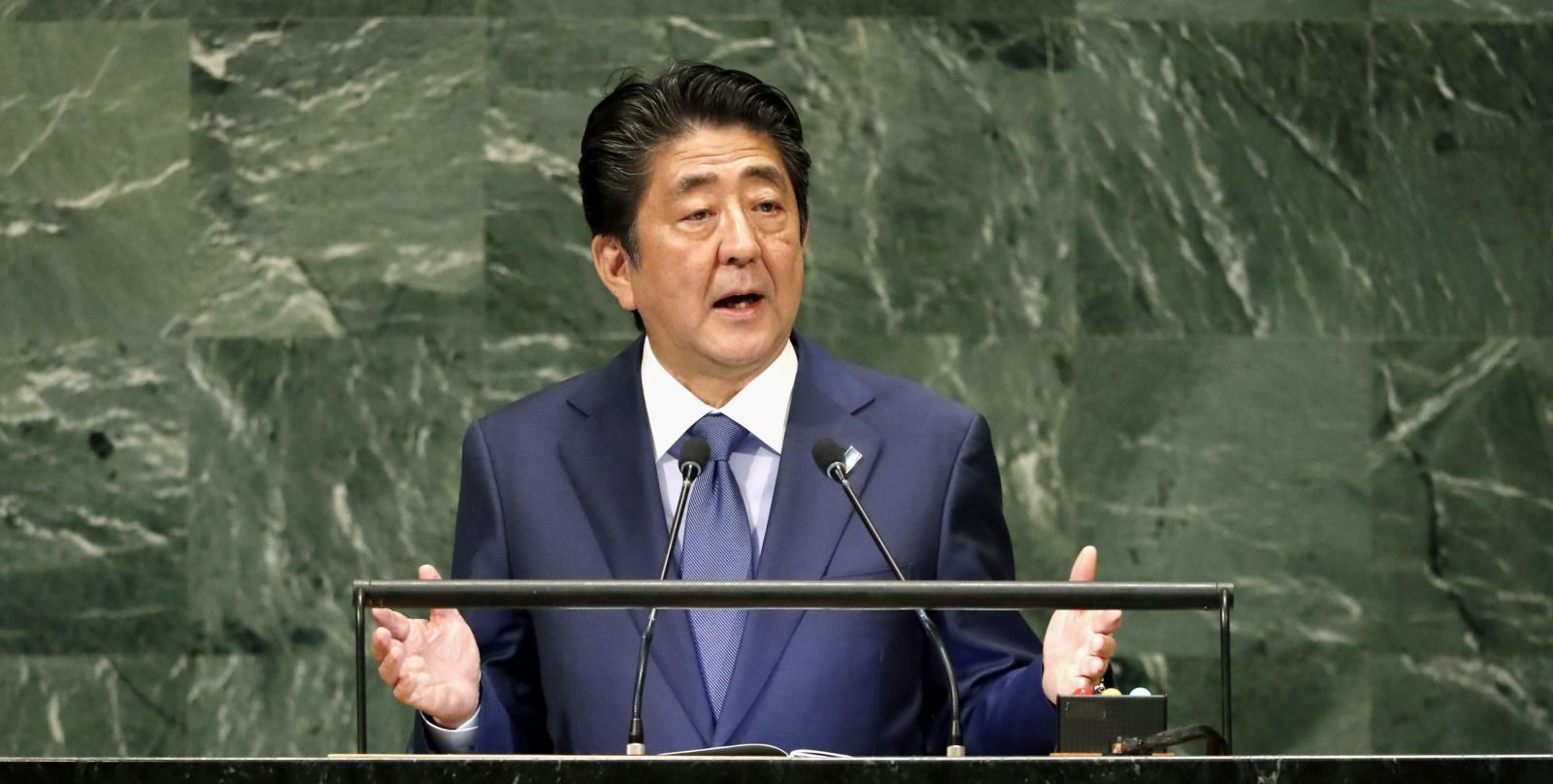
SPECIAL REPORTS4 years ago
The Next Generation of Japanese Has to Learn About the Indo-Pacific
In Prime Minister Shinzo Abe’s address to the73rd Session of the United Nations General Assembly on September 25, he highlighted the significance of the location...
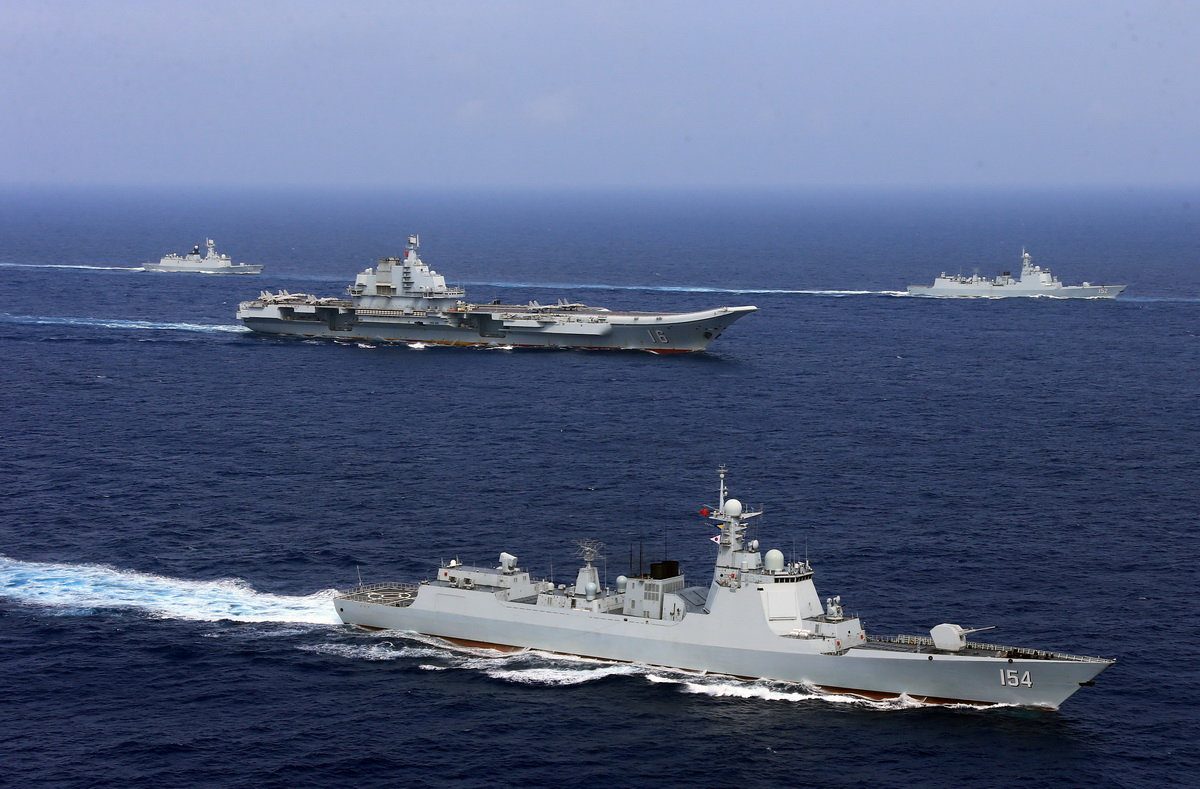
POLITICS & SECURITY4 years ago
8th Pacific Islands Leaders Meeting: What Should Be on the Agenda?
China’s aircraft carrier Liaoning (C) takes part in a military drill of Chinese People’s Liberation Army (PLA) Navy in the western Pacific Ocean, April 18, 2018....

No comments:
Post a Comment